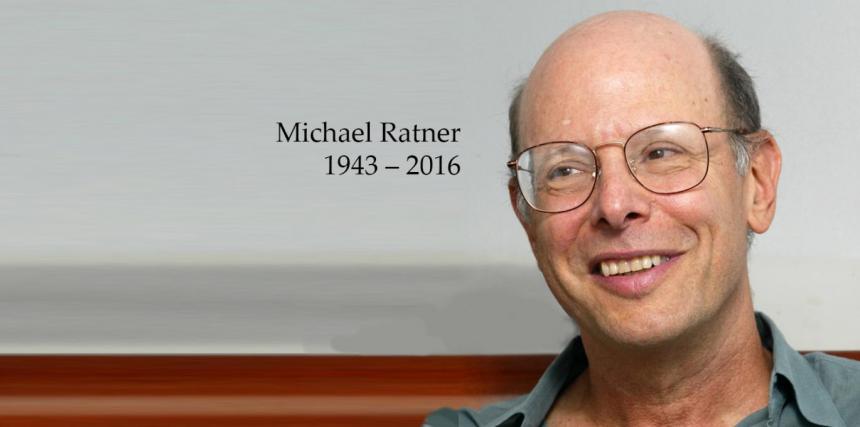 Michael Ratner, who died of cancer last week, had distinct responsibility for calling for, doing legal work to bring about, and organizing, the team of more than 600 attorneys who defended the prisoners at Guantanamo. No one else was doing that — and the government certainly did not expect anyone would. It took winning a decision in the Supreme Court for the prisoners to get habeas corpus rights, and then winning it repeatedly. Thanks to the Center for Constitutional Rights, of which Michael was President and then President Emeritus.
Michael Ratner, who died of cancer last week, had distinct responsibility for calling for, doing legal work to bring about, and organizing, the team of more than 600 attorneys who defended the prisoners at Guantanamo. No one else was doing that — and the government certainly did not expect anyone would. It took winning a decision in the Supreme Court for the prisoners to get habeas corpus rights, and then winning it repeatedly. Thanks to the Center for Constitutional Rights, of which Michael was President and then President Emeritus.
He made other important contributions, including working on the “Bush Crimes Commission.” The International Commission of Inquiry on Crimes Against Humanity Committed by the Bush Administration held five days of public hearings in New York City in October 2005 and January 2006. George W. Bush and his administration were found guilty on all five counts: wars of aggression; illegal detention and torture; suppression of science and catastrophic policies on global warming; potentially genocidal abstinence-only policies imposed on HIV/AIDS prevention programs in the Third World; and the abandonment of New Orleans before, during, and after Hurricane Katrina.
“What we saw in New Orleans at the Superdome was the legacy of slavery, the legacy of Jim Crow, the legacy of ‘separate, but equal.’ And with that legacy and the current practice and policy of our country today, human beings are seen as disposable, particularly if they are poor and Black.” — Michael Ratner, 2006
After Katrina – A Crime Against Humanity is a longer excerpt from Deep Dish TV featuring Carl Dix of the Revolutionary Communist Party; Chokwe Lumumba; John Clark, Malik Rahim and New Orleans residents, and Jeremy Scahill, then a producer at Democracy Now.
Michael Ratner also represented Wikileaks founder Julian Assange who said:
“He was genuinely concerned about people in Guatemala, about me, as an Australian, about people who face similar problems in Palestine, about people who have been extradited from the United Kingdom. And he was able to work with these other groups and other lawyers across jurisdictions, because they perceived that his genuine human concern for them was not simply about grabbing some prize that he could take back to the United States and exploit within his own, if you like, New York constituency… And so, he was very effective as a lawyer and as a campaigner for justice…”
